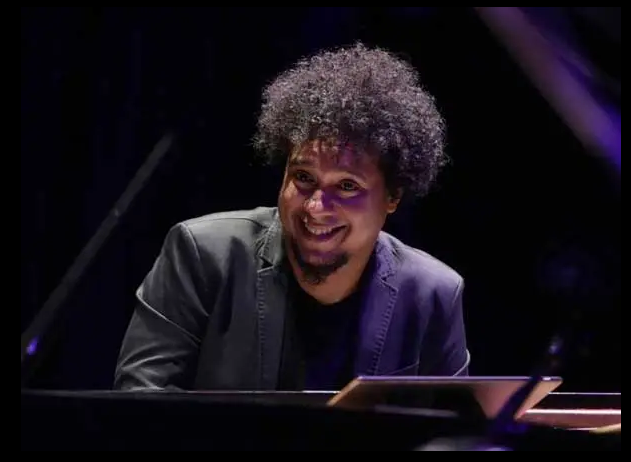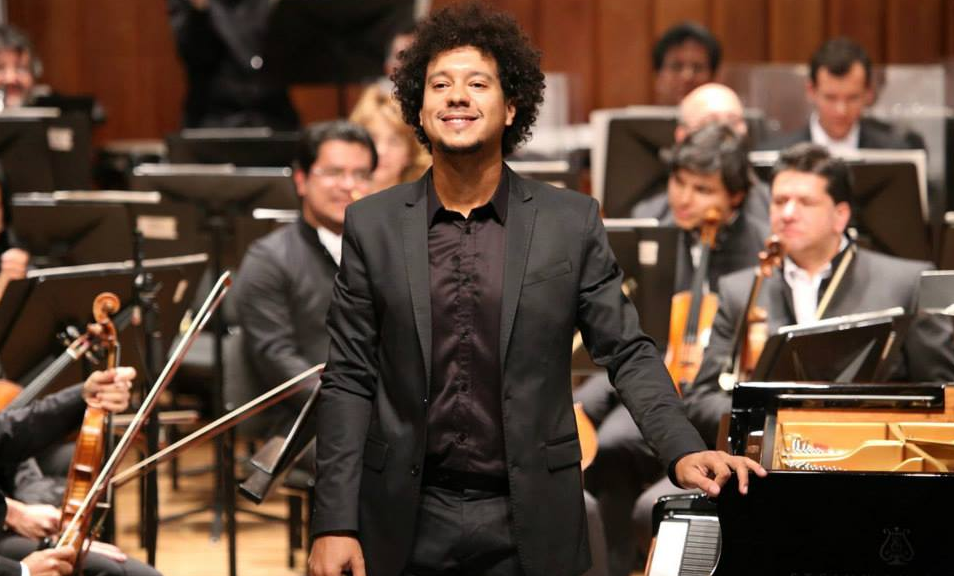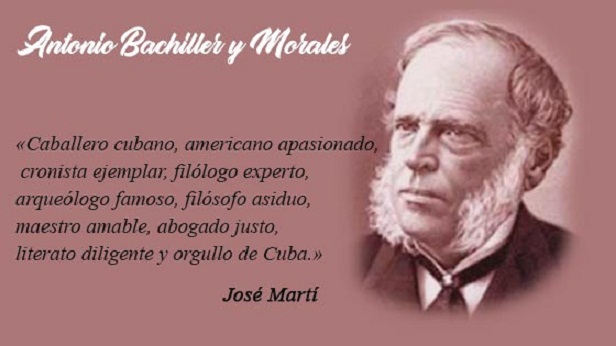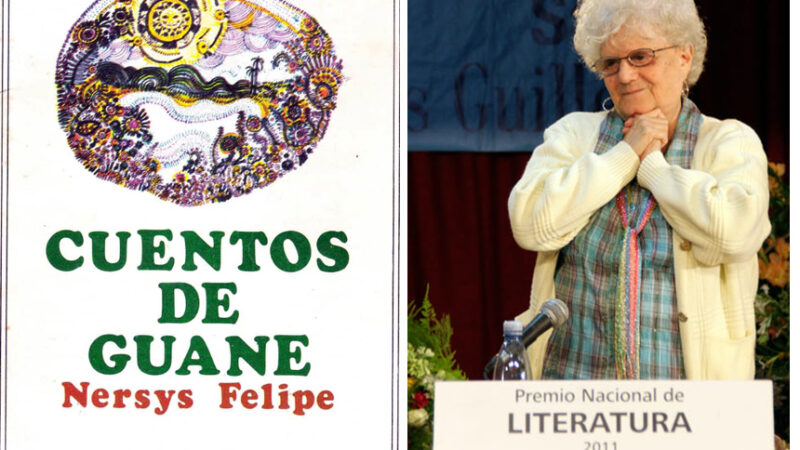Aldo and the beauty of music

Aldo López-Gavilán Junco, who studied at the Manuel Saumell and Amadeo Roldán Conservatories, and later at the London Academy of Music, is characterised by his love of jazz, the presence of Afro-Cuban elements and his attachment to classical training.
Music, cultivated in the family for several generations, became a natural part of his life. His parents, the renowned conductor and composer Guido López-Gavilán and the pianist and teacher Teresita Junco, also played an important role in the training of his brother Ilmar, a violinist with the Harlem String Quartet.
The piano was Aldo’s favourite means of expression, and he began playing the instrument at the age of four and studying music at seven. As part of the Danny Kaje International Children’s Competition, created by Unicef, he performed an original composition at the age of eleven, and a year later he made his debut on the instrument with the Matanzas Symphony Orchestra.
Speaking about his experience at the competition, Aldo said:
«I mixed classical pieces with popular music, jazz, pop, rock, folk, whatever came to my mind… I ended up singing Yoruba ritual sounds from memory without knowing their meaning or where I was going. And in the middle, when I lost my fear and heard the cheers of the audience, I knew it was me, my way of playing, my music! It was as if I had finally been born. It’s still one of the happiest days of my life.’’
This need to compose to reflect and shape the music has permeated his artistic career, which, as he said in an interview with the writer Jeff Kaliss, has had as one of its aims not to try to impose culture on the message it wants to convey: the beauty and depth of emotional and spiritual language.
In this endeavour, jazz has been a common source of many of his compositions, to which he has added African influences as well as consciously measured doses of spontaneity:

«In general, my way of composing has a lot to do with improvisation, with jazz techniques and phrasing, with harmonies. But the organisation is closer to concert music, it is a solid classical structure. Everything is written down and has to be interpreted that way. But when I’m performing, there are substantial parts of improvisation.»
The mixture, the interaction and the reinvention of established codes in a format that does justice to the author’s proposals have also played a no less important role in shaping his identity. These and other concert pieces have been performed on the world’s great stages as part of classical music manifestations and the established genres of Cuban music.
The author of this article recalls as his first approach to the work of this composer the passage from Maracujá, with the video in which a piano is praised on a boat sailing down the Almendares River, while images of the banks of the river follow, accompanied by a pleasant jazz rhythm. In his introduction to this material, Rufo Caballero stressed the ambience and naturalness of the whole.
Both aspects perfectly describe the work of this musician. They are innovative, musically assertive and original. In a world dominated by commercial formulas, the examples of creativity shown by this Cuban representative are praiseworthy.
Taste, like the diversity of interests in the human mind, is subjective. Nevertheless, both the educated and the uneducated listener can enjoy the extended universe of Aldo López-Gavilán Junco’s compositions. The time spent will not be wasted.
He has built this certainty on talent and an understanding of classical and popular materials. It is a gratifying investment that, on the threshold of contemporaneity, joins those of other renowned exponents of Cuba and the world with a view to the future. In it, to the delight of music lovers, Aldo has a deserved and secure place.
Translated by Luis E. Amador Dominguez



